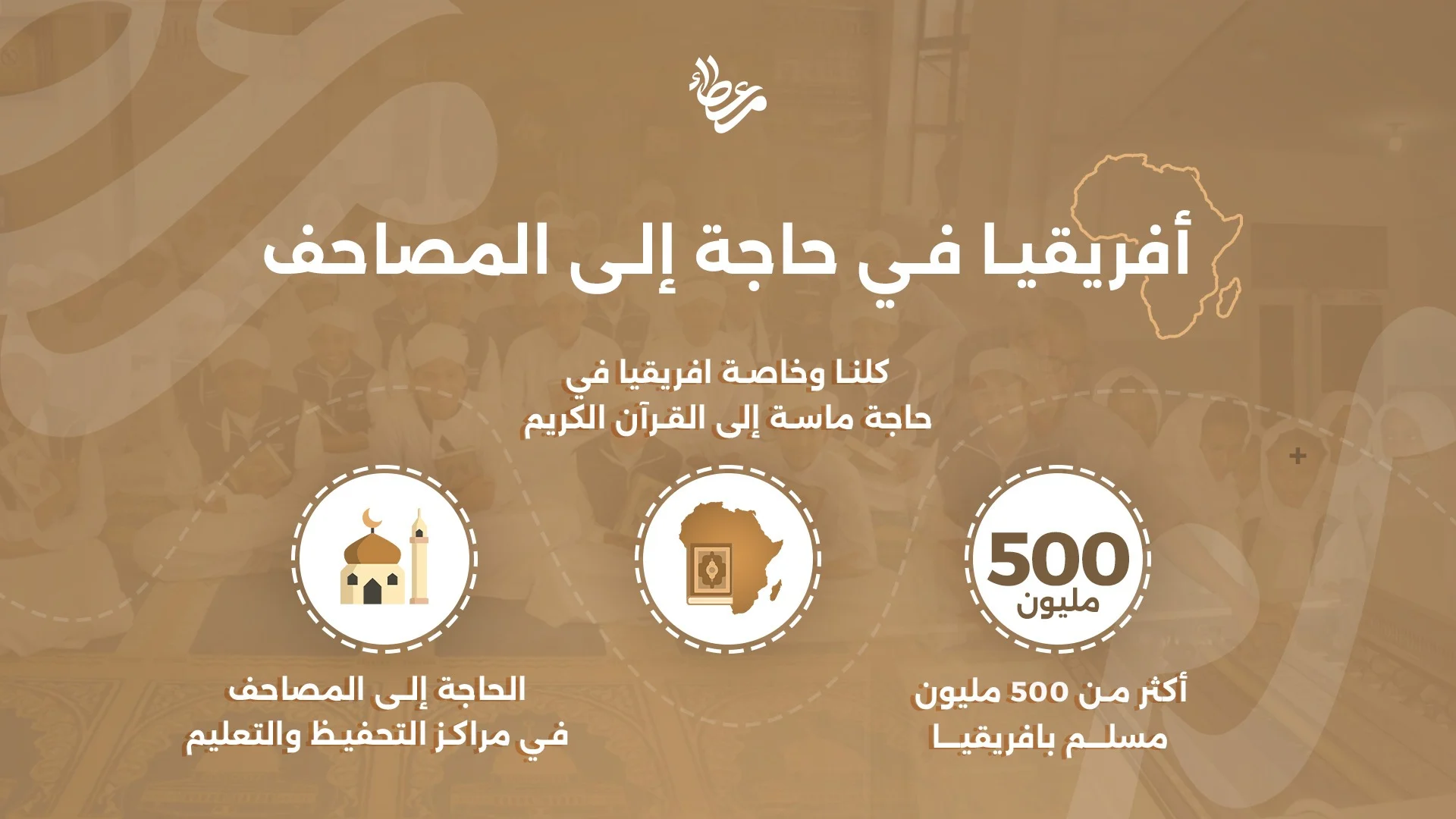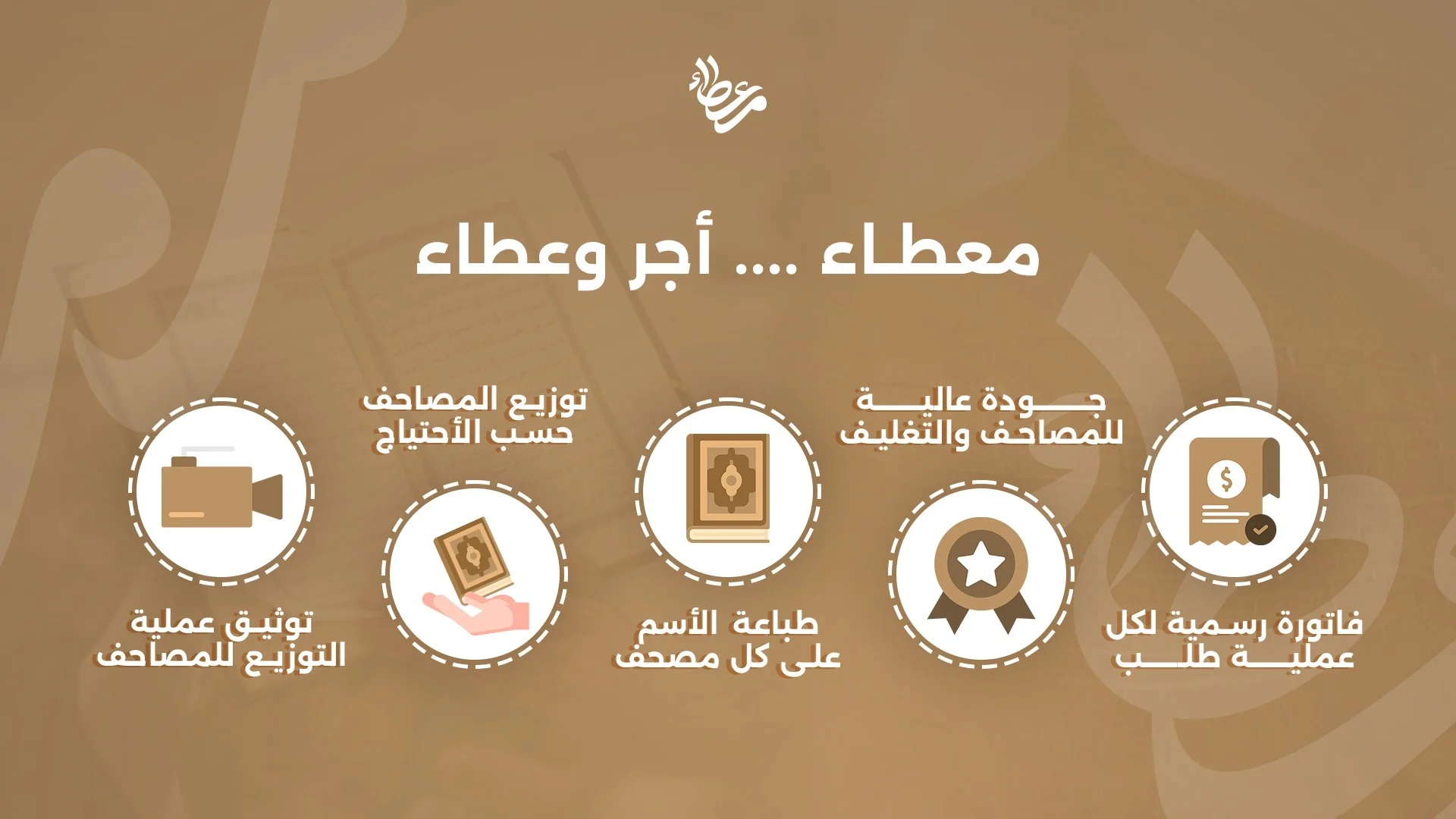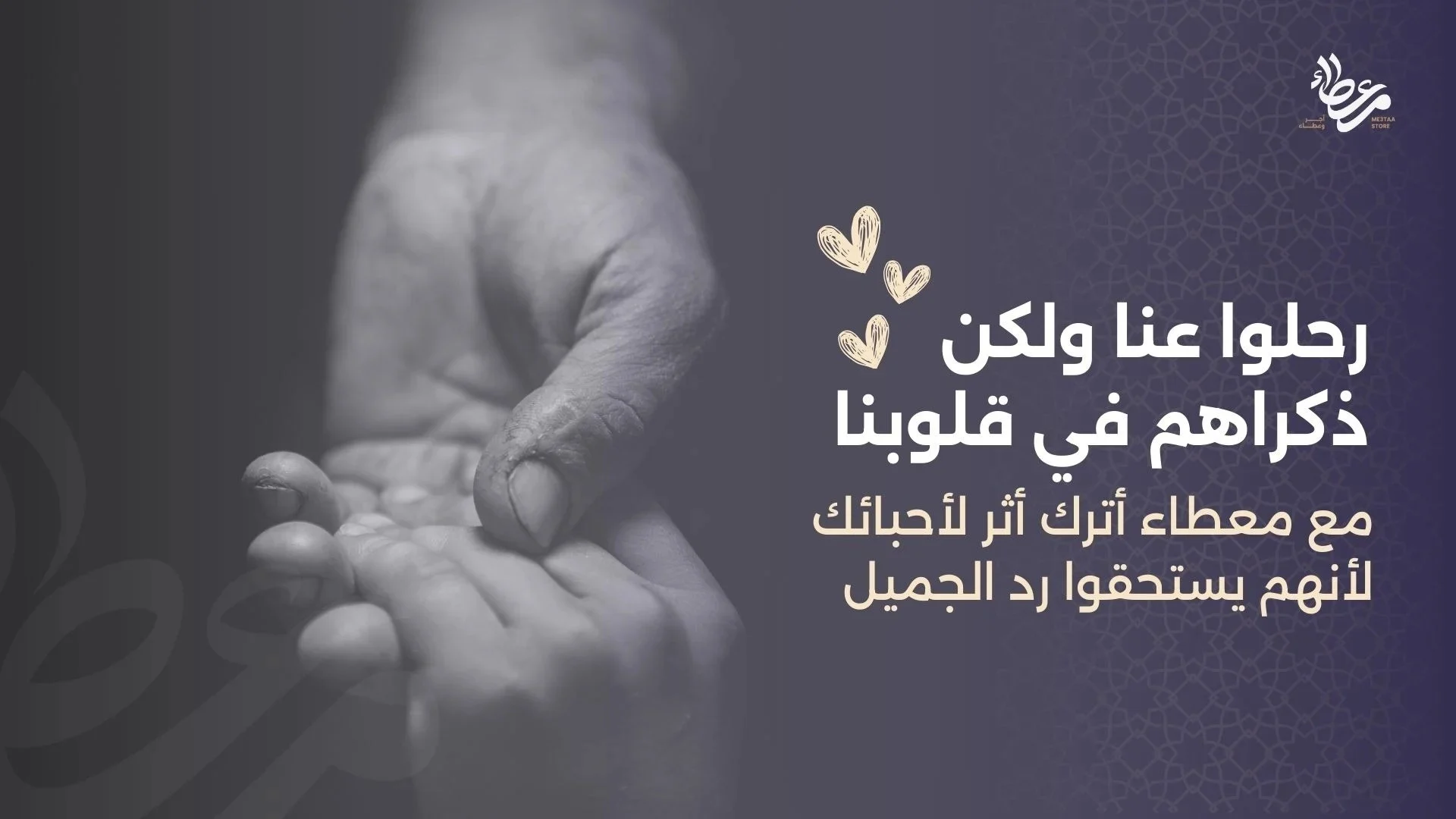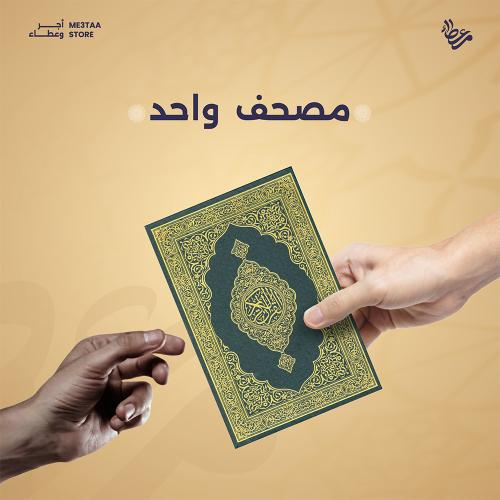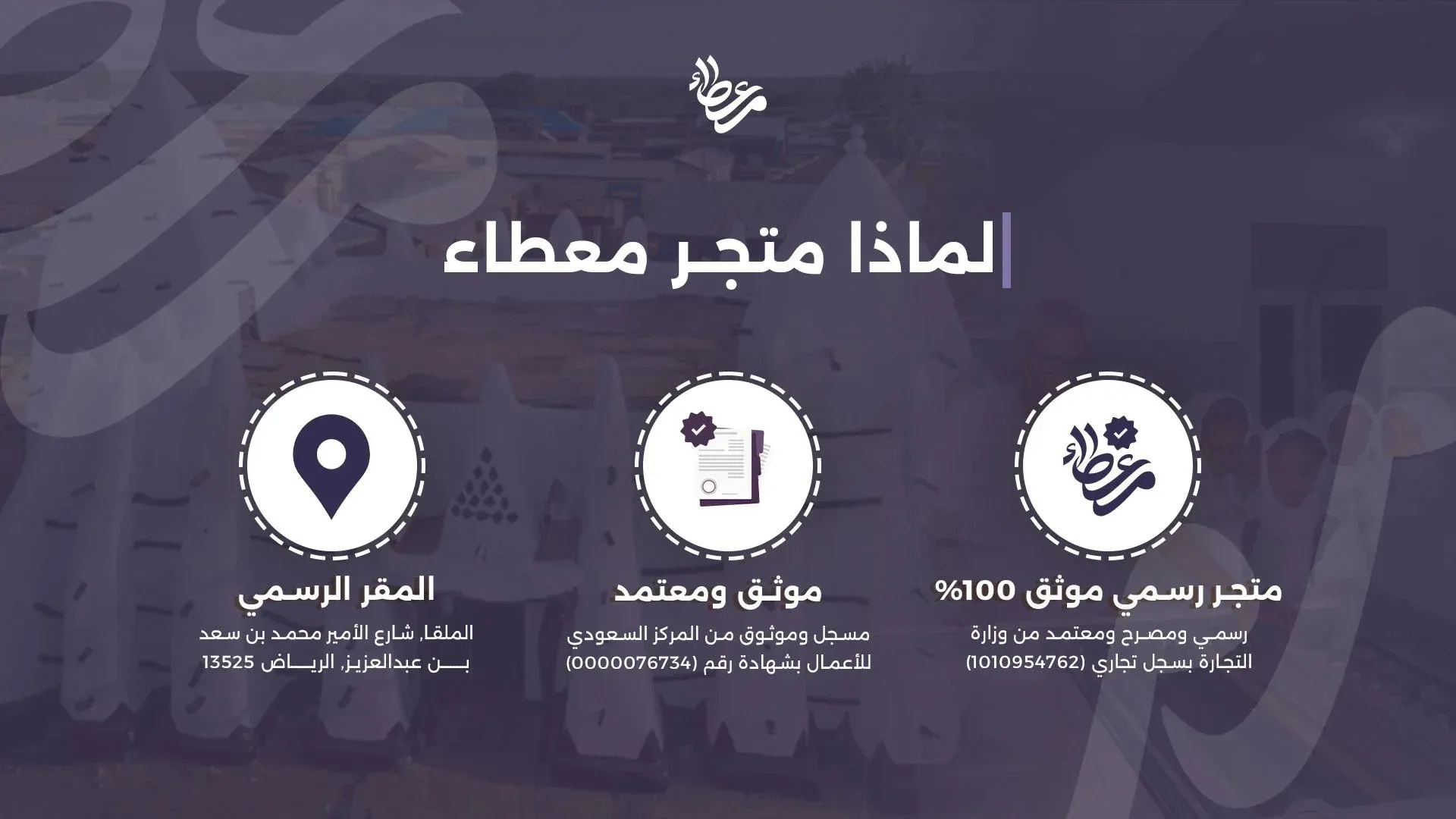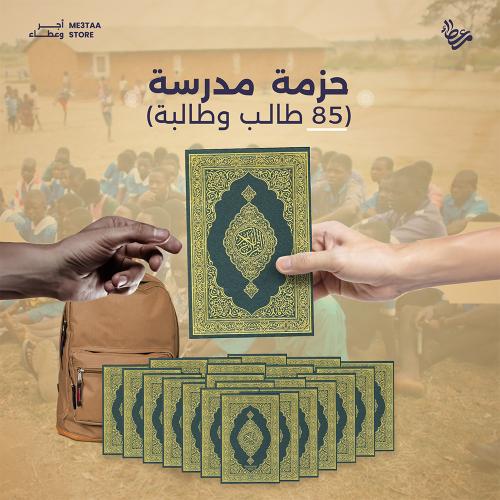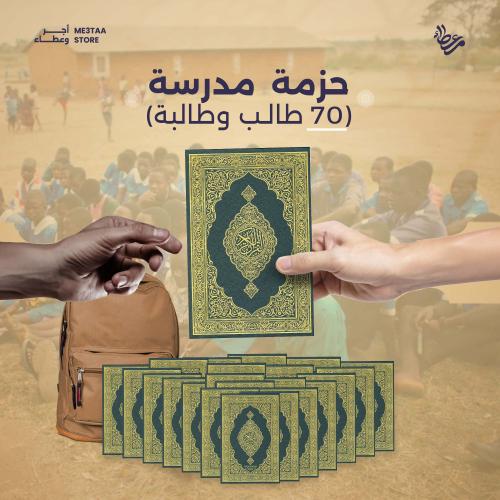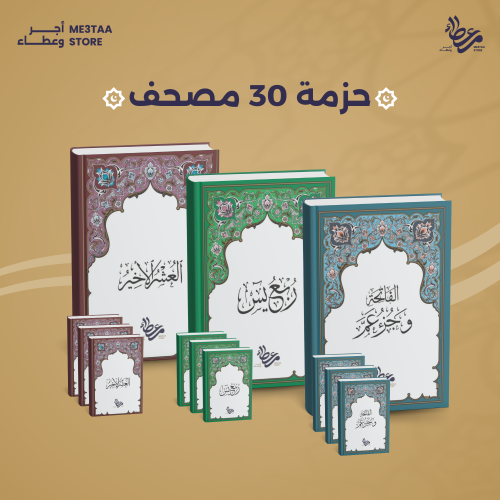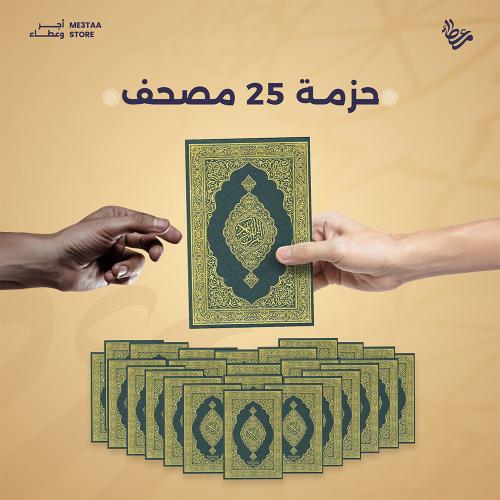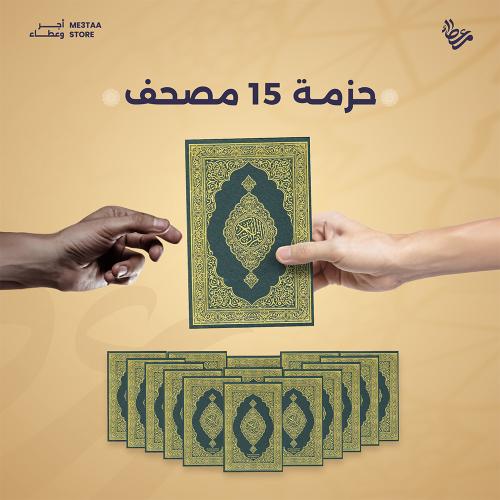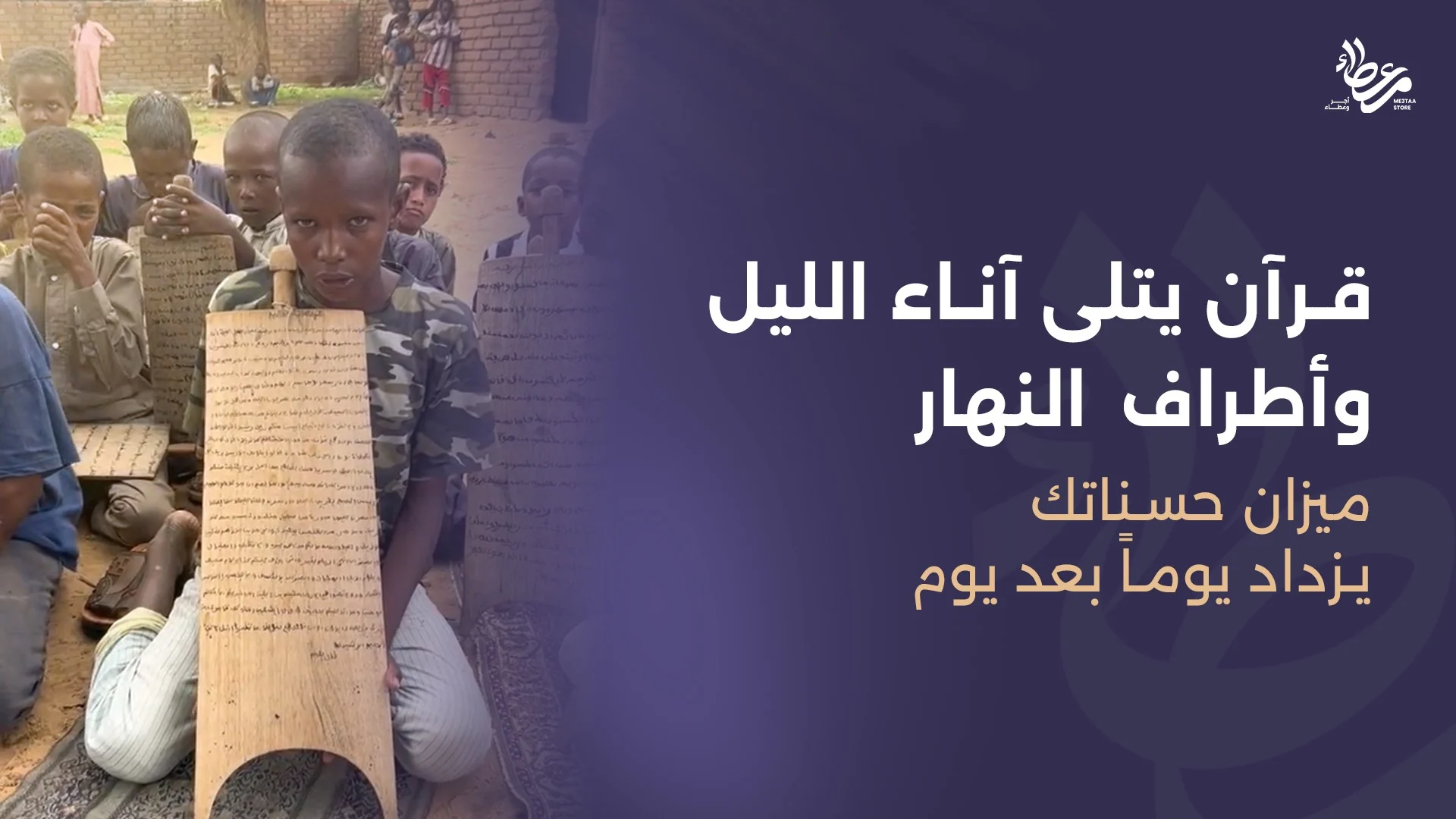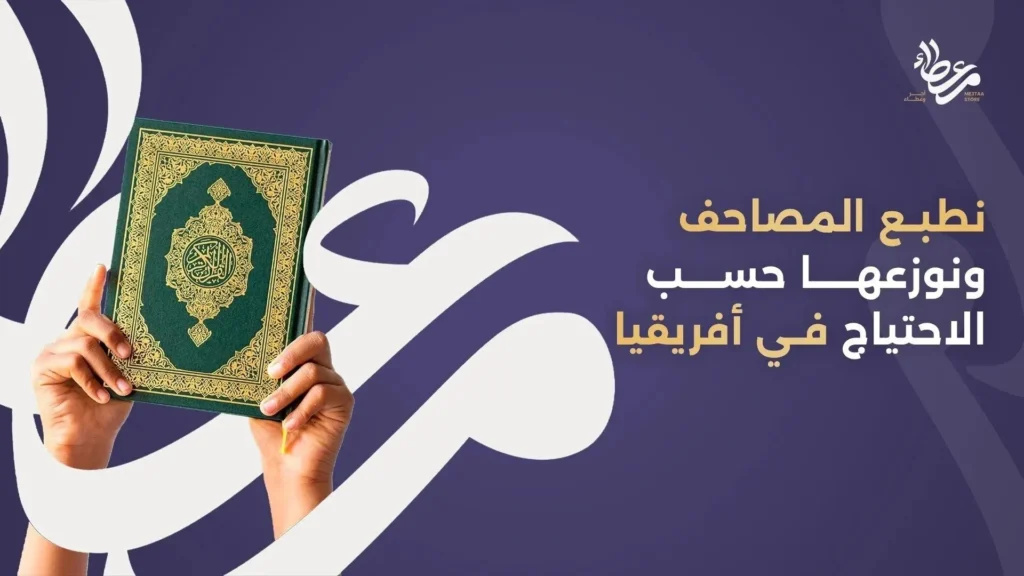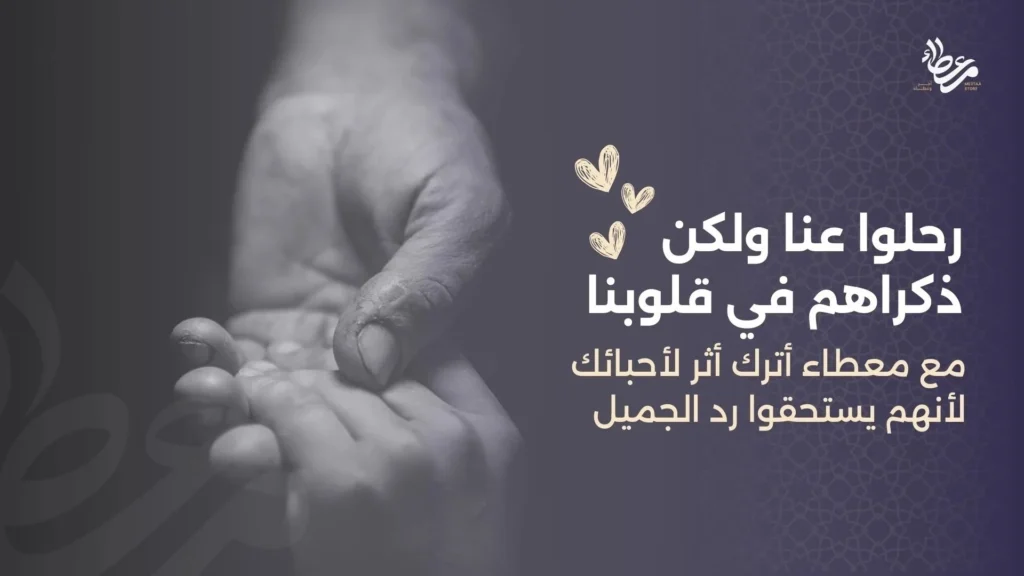To donate Quran to mosque is to plant an evergreen tree of reward: every letter recited, every lesson taught, and every heart softened by Allah’s words counts as Sadaqah Jariyah—a continuous charity that benefits you long after you leave this world. In this in
- Why gifting a Mushaf is one of the most powerful acts of worship
- How to choose authentic, durable, and readable copies
- Step-by-step donation methods—local drop-off and global shipping
- Trusted resources and verified organizations to streamline your effort
- Actionable tips to inspire friends, family, and the entire community
Along the way we embed key LSI keywords such as Quran donation drive, mosque Quran waqf, Mushaf endowment, sponsor Qurans, give Quran copies, Quran charity project, Sadaqah books, continuous charity, donate holy Quran, and more to help this article rank for semantically related searches.
1. The Spiritual Significance of Donating Qurans
Prophet Muhammad (peace and blessings be upon him) taught that when a person dies, his deeds end except for three: ongoing charity (Sadaqah Jariyah), beneficial knowledge, and a righteous child who prays for him. A Quran placed on the shelves of a mosque embodies both charity and knowledge, multiplying reward every time a worshipper recites even a single ayah.
Beyond the personal reward, equipping a masjid with readable Mushafs strengthens communal learning. Many new Muslims rely on mosque copies until they can afford their own translation; travelers forget theirs at home; children attend madrasah classes after Maghrib. Your donation meets their needs directly.
2. Historical Roots of Quran Gifting
From the first centuries of Islam, waqf (endowment) records mention philanthropists who endowed handwritten Qurans to the Haramayn, Al-Azhar, and community mosques across the Islamic world. Notable examples include:
- Fatimid Cairo (4th AH): Rich patrons endowed gilded parchments to Al-Azhar Mosque (azhar.eg).
- Ottoman Istanbul: Sultan Süleyman dedicated thousands of printed Mushafs to külliye complexes.
- Modern Saudi Arabia: The King Fahd Qur’an Printing Complex (qurancomplex.gov.sa) distributes tens of millions of copies annually to hajj pilgrims and global mosques.
By following in their footsteps, you continue a 1 400-year legacy of Quranic literacy.
3. Benefits of Donating Qurans to a Mosque
3.1 Continuous Rewards (Thawab Maktoob)
Every recitation, memorization session, or tafsir circle using your gifted Mushaf registers in your scale of good deeds. Scholars liken it to a perpetual investment that never depreciates.
3.2 Promoting Quran Literacy
Many mosques serve underfunded communities. Supplying clear-print editions in Arabic and trusted translations (see Quran.com) enables students, reverts, and visitors to study Allah’s book in a language they understand—fulfilling ‘ilm (knowledge) on multiple levels.
3.3 Strengthening Community Bonds
A public Quran donation drive galvanizes volunteers, fosters teamwork, and inspires others to start their own waqf projects, creating a ripple effect of charity.
4. Choosing the Right Qurans: Quality Matters
Cheap, fragile books fall apart quickly—undermining your Sadaqah Jariyah. Use this checklist when sourcing copies:
- Authorized Arabic Text: Verified by bodies such as the Mushaf Control Department (moia.gov.sa).
- Readability: Uthmani script, large font (16-18 pt) for elderly eyes.
- Durability: Sewn binding, UV-resistant ink, thick 60–80 gsm paper.
- Translations: Parallel English, French, Urdu, or Hausa as needed—endorsed by Al-Azhar or the OIC Research Center.
- Standard Size: 17 × 24 cm “Madina” format fits most mosque shelves.
For a detailed shopping guide—including bulk discounts—see our Quran Purchase Guide.
5. Where to Source Authentic Qurans
5.1 Local Islamic Bookstores
First, consult our cornerstone reference, Quran Shop Near Me – Your Guide to Finding Quality Qurans Locally. It maps certified retailers, pricing tiers, and typical stock levels.
5.2 Bulk Purchase Online
Our portal Buy Quran partners with reputable printers. You can also order Qurans online for direct delivery to your chosen mosque.
5.3 International Initiatives
Organizations like Islamic Relief and Qatar Charity maintain global Mushaf-distribution projects. The Islamic Development Bank (IsDB) subsidizes print runs for conflict zones.
6. Assessing Mosque Needs
Before shipping boxes, contact mosque administration. Ask:
- Current inventory: How many usable copies exist? Which languages are missing?
- Preferred script: Indo-Pak vs. Uthmani script preferences.
- Storage space: Shelving capacity and humidity conditions.
- Custom stamping: Some mosques stamp donated books with a waqf seal.
These details prevent waste and ensure your gift meets exact requirements.
7. Step-by-Step Guide to Donating Qurans
7.1 Local Drop-Off Method
- Purchase from a trusted store (Quran Buy catalog).
- Write your name and a dua on the inside cover if the mosque permits.
- Deliver during office hours; obtain a receipt or letter of acknowledgment.
7.2 Domestic Shipping
- Bulk-order online; request “mosque-ready” packing.
- Use a tracked courier; mark the parcel “Religious Books – Handle With Care.”
- Confirm arrival with the mosque and keep tracking records.
7.3 International Donations
- Partner with NGOs already running distribution drives (e.g., Miataa Africa).
- Verify customs rules—some countries waive duties on religious books.
- Request photos of delivery as transparency for sponsors.
8. Promoting Your Quran Donation Campaign
Visibility multiplies reward by inspiring others. Leverage:
- Social Media Stories: Share progress photos; tag SPA for amplification.
- Friday Khutbah Announcements: Imams can encourage congregants to sponsor additional copies.
- Corporate CSR: Companies may match donations, especially under Vision 2030 community goals.
Use hashtags like #DonateQuran, #MushafWaqf, and #ContinuousCharity—valuable LSI keywords that enhance discoverability.
9. Ensuring Authenticity and Preventing Misprints
Counterfeit copies with typographical errors harm reciters. Always look for:
- Barcode & ISBN plus the King Fahd seal or Al-Azhar stamp.
- Printing license number issued by the Ministry of Islamic Affairs.
- End-of-ayah markers matching Tanzil’s verified digital text (Tanzil.net).
If you discover errors, report them to KAPL’s Manuscript Unit.
10. Case Study: Miataa Africa Quran Drive
In 2024, Miataa’s “Quran for Schools & Mosques” campaign delivered 50 000 copies to Ghana, Kenya, and Uganda. Teachers noted a 65 % increase in tajwid proficiency among students within three months. Local imams reported fuller halaqah circles and renewed community spirit—clear evidence that a single donation can ignite widespread transformation.
11. Digital Mushaf Wa qf: The Next Frontier
While printed Qurans remain essential for prayer halls, digital copies complement accessibility. Consider donating:
- Tablets preloaded with Quran apps (verified by IslamicStudies.info) for visually impaired congregants.
- Audio Qurans on USB drives—useful for elderly worshippers.
- Smart screens displaying verses alongside translations during tafsir classes.
Coordinate with tech-savvy mosques or institutes like IIUM and Yale Islamic Studies to ensure correct software licensing.
12. Common Pitfalls to Avoid
- Ignoring Mosque Guidelines: Some masjids accept only a specific script.
- Poor Packaging: Water damage can render books unusable—use plastic wrap inside cartons.
- Unverified Translations: Avoid self-published copies lacking scholarly review.
- Lack of Follow-Up: Always confirm delivery; misrouted parcels languish in storage depots.
Conclusion
Choosing to donate Quran to mosque is an act of faith that echoes through time, teaching generations and adding light to hearts. By sourcing authentic, durable Mushafs, understanding each mosque’s needs, and leveraging trusted distribution channels, you set a beacon of guidance that never dims. May Allah accept your charity, multiply your reward, and make this effort a means of drawing nearer to His grace.
FAQ
1. How many Qurans should I donate?
Start with any number—even one counts. However, bundles of 10–30 copies often fill a full shelf row, making inventory easier for the mosque librarian.
2. Can I donate translated Qurans only?
Yes, translations are invaluable for non-Arabic speakers. Ensure they include the Arabic text side-by-side and are approved by institutions like Al-Azhar.
3. Are digital donations (apps, tablets) as rewarding as printed books?
Most scholars permit digital Quran waqf, provided devices are secured against misuse and the software displays a verified text.
4. What if my local mosque has enough copies?
Expand your horizon: prisons, hospitals, universities, and rural prayer rooms often have shortages. Reach out to NGOs or check our special-edition preview page for ongoing appeals.
5. Can I track my donation’s impact?
Yes. Request periodic updates or photos from mosque administrators, or partner with transparent charities that offer delivery reports and receipts.


